Over the course of the school semester, Krista Oehlke ’20 worked as a student attorney at the Harvard Immigration and Refugee Clinic (HIRC), where, with the help of a supervisor and another student attorney, she represented a client seeking asylum. During Spring Break, Oehlke travelled to the Mexico-Texas border and helped three women detained at an immigration center in Texas complete applications for asylum and receive translation assistance for declarations that support their claims. “HIRC prepared me extremely well for this work,” she said. “I was able to help asylum seekers in a very concrete way.”
Oehlke was one of 36 Harvard Law students who participated this year in the Office of Clinical and Pro Bono Programs’ spring break pro bono program. Every year, a group of students spend their spring break working in legal organizations in the Boston area and across the United States and Puerto Rico, often responding to crises or disasters in local areas. The time spent outside of the halls of the law school can be re-energizing and reinforce the skills students learn in the classroom.
This year, during the week of March 17-23, students worked nationally at American Gateways in San Antonio, Texas; at ProBAR in Harlingen, Texas; at Legal Aid of North Carolina; at the Civil Rights Corps in Tennessee; and as part of Hurricane Maria Relief Projects in Puerto Rico; locally, they worked at the Volunteer Lawyers Project of the Boston Bar Association (VLP); at the Consumer Debt Initiative in Western Massachusetts; and at Project Citizenship.
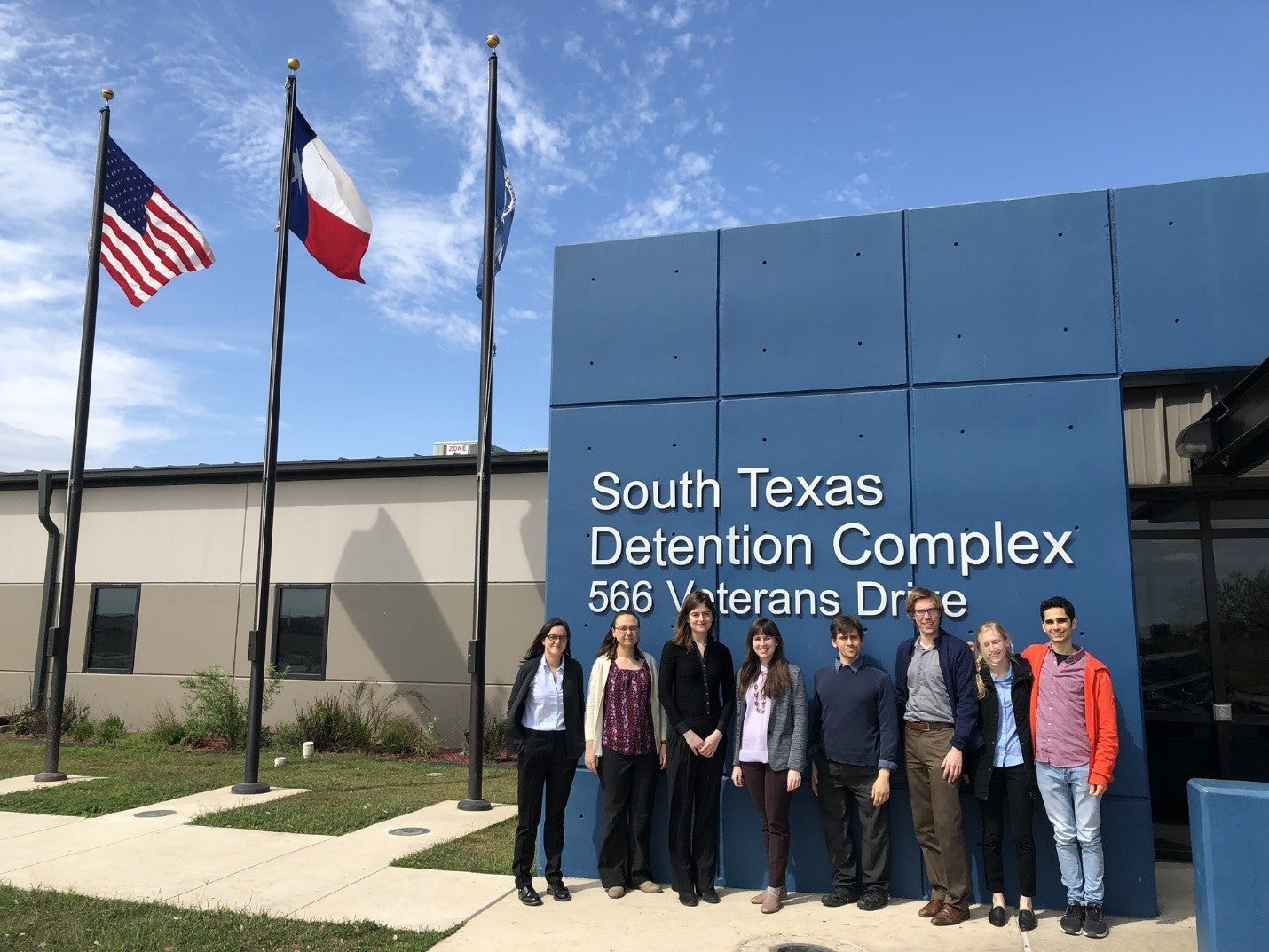
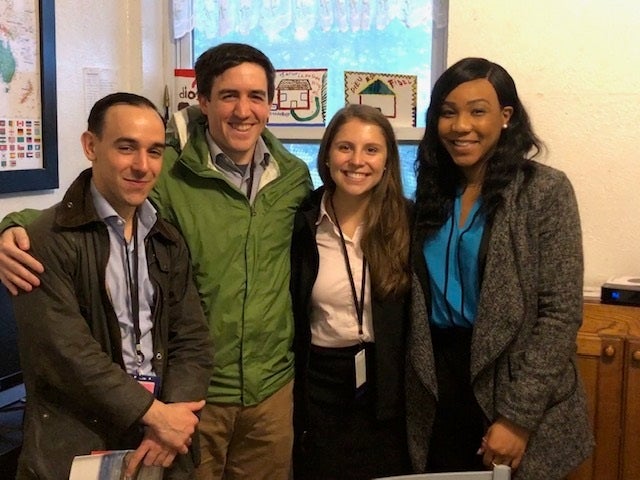
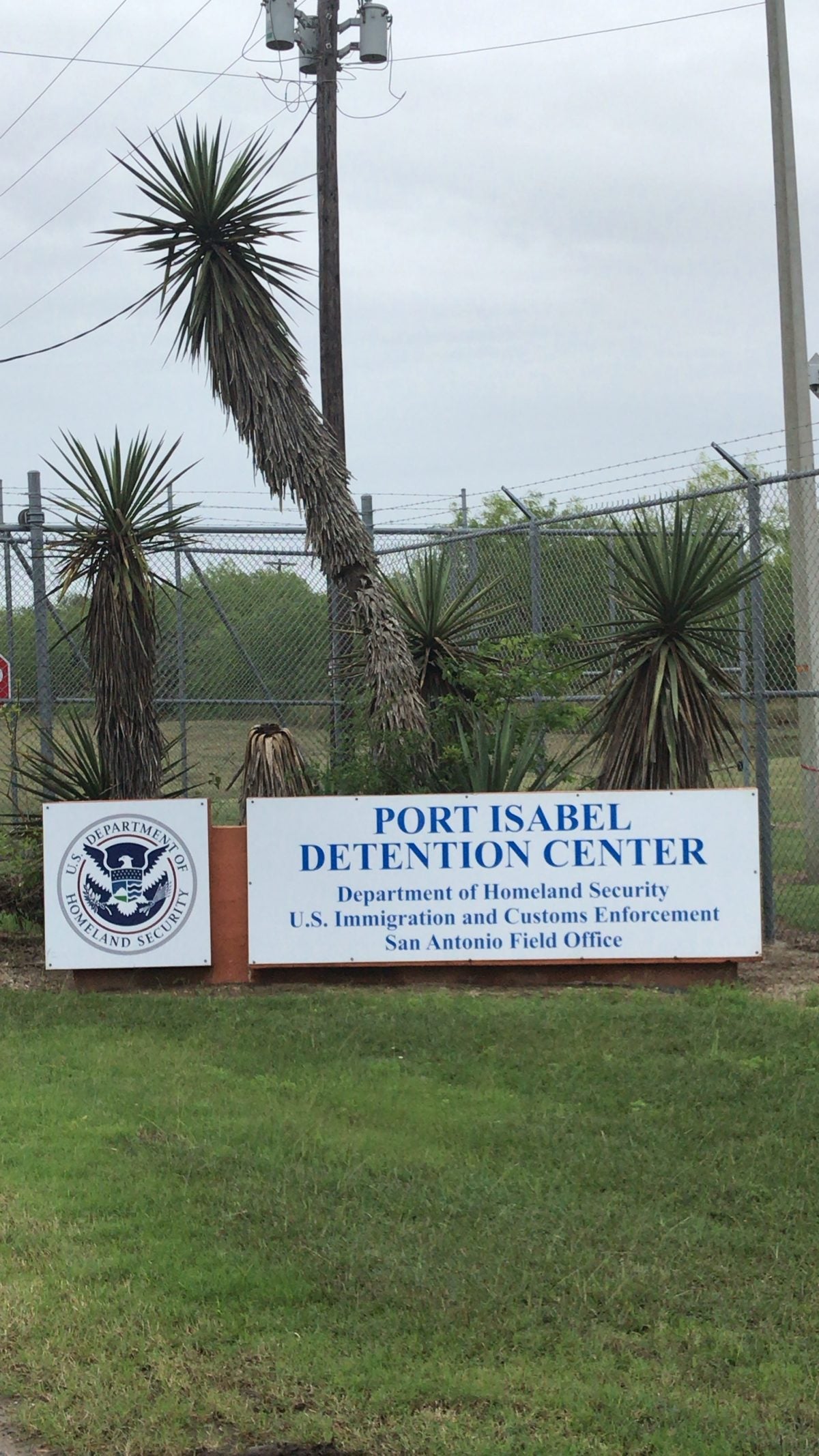
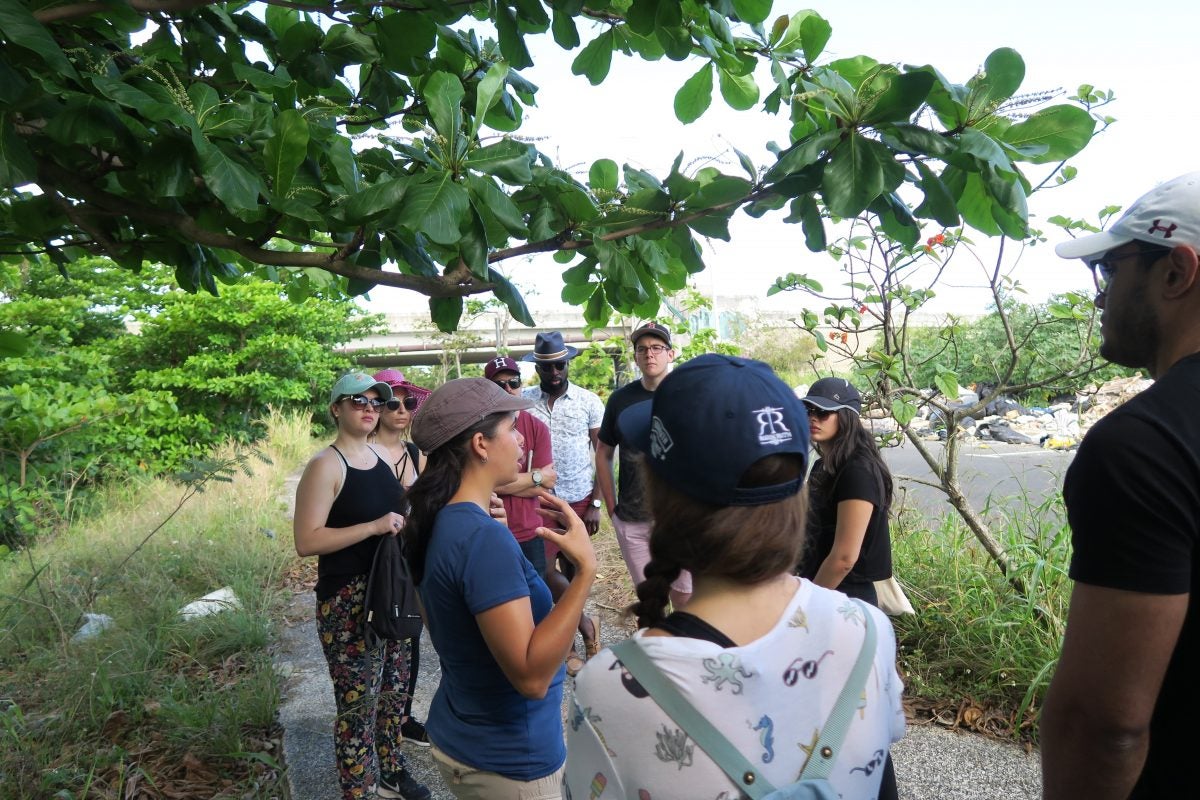
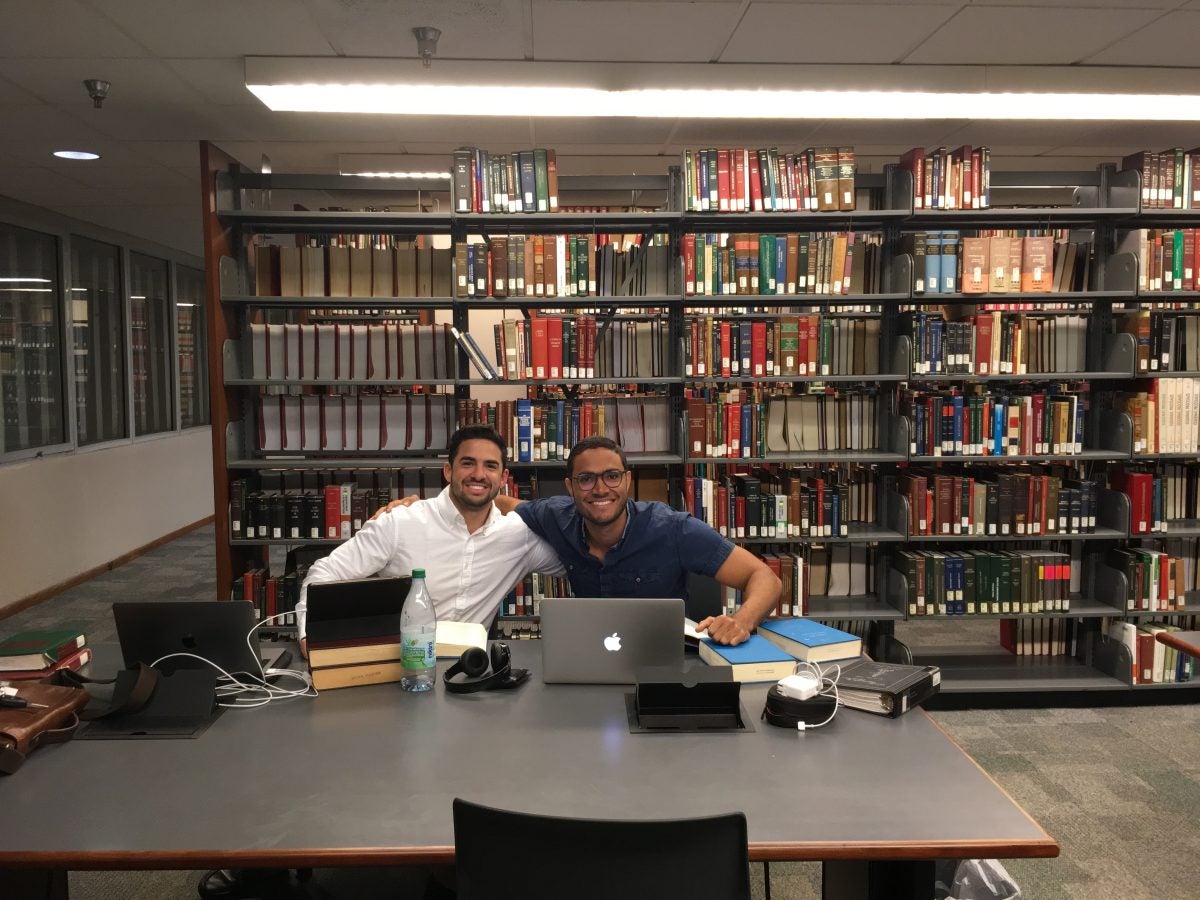
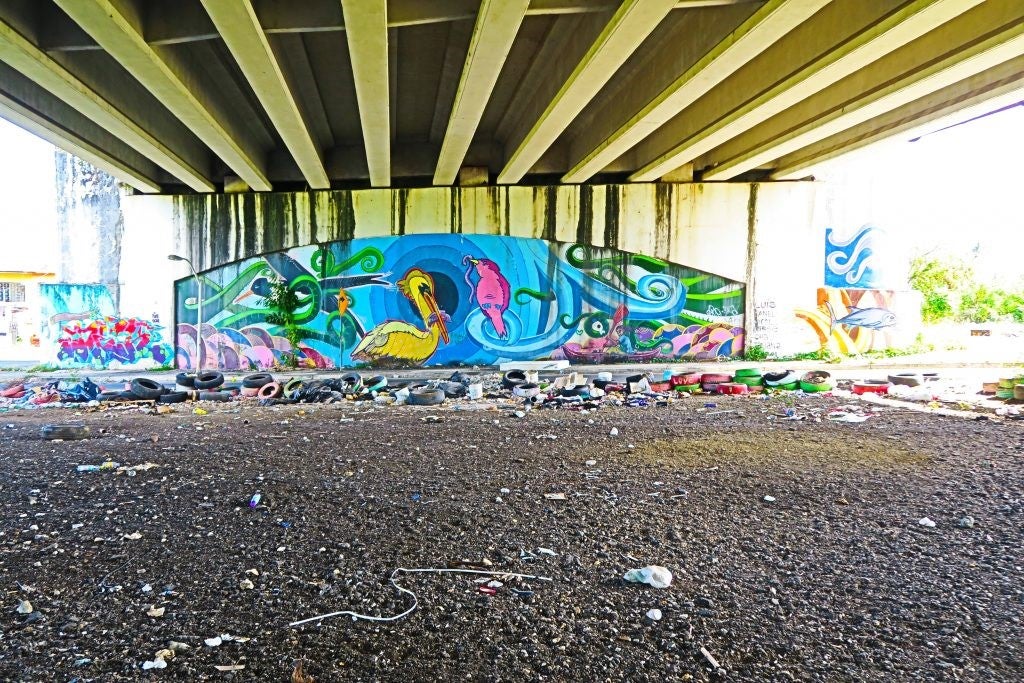
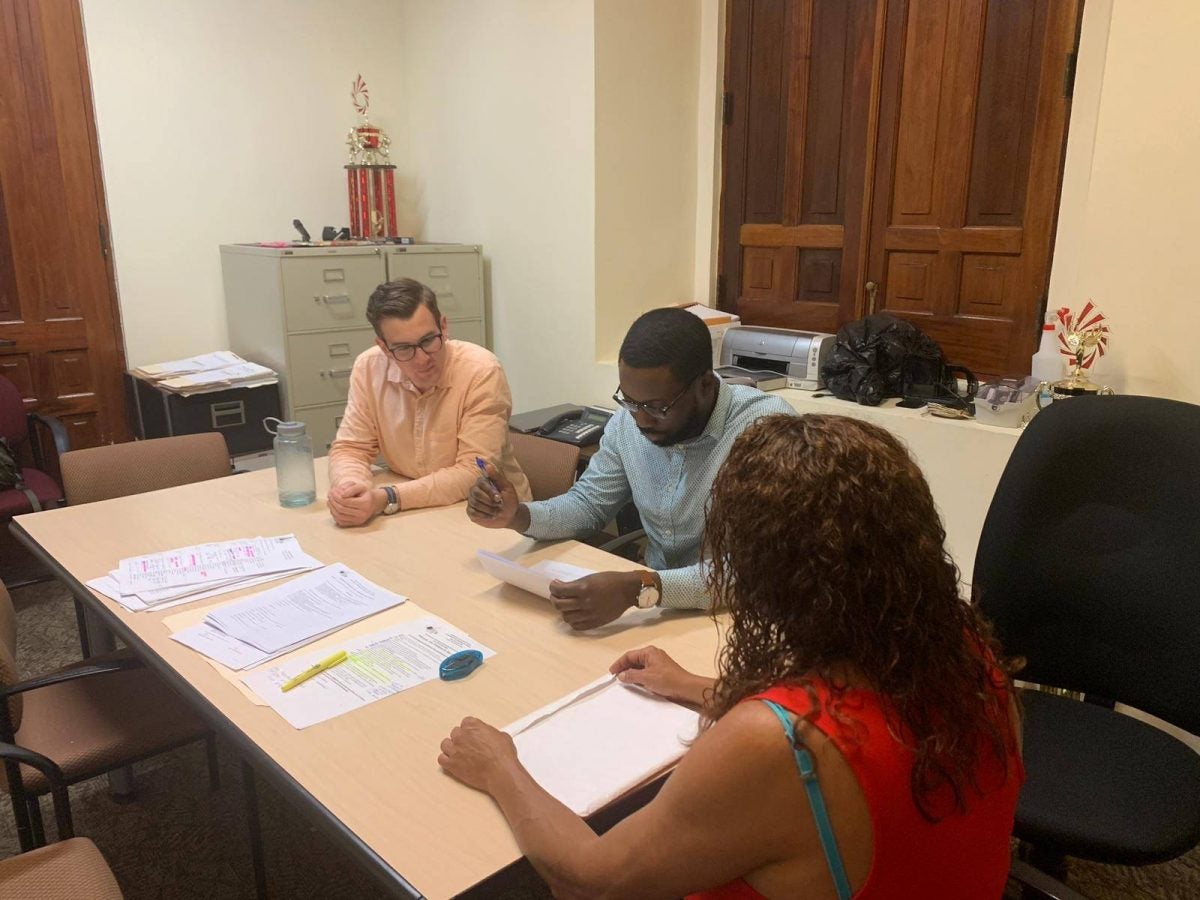
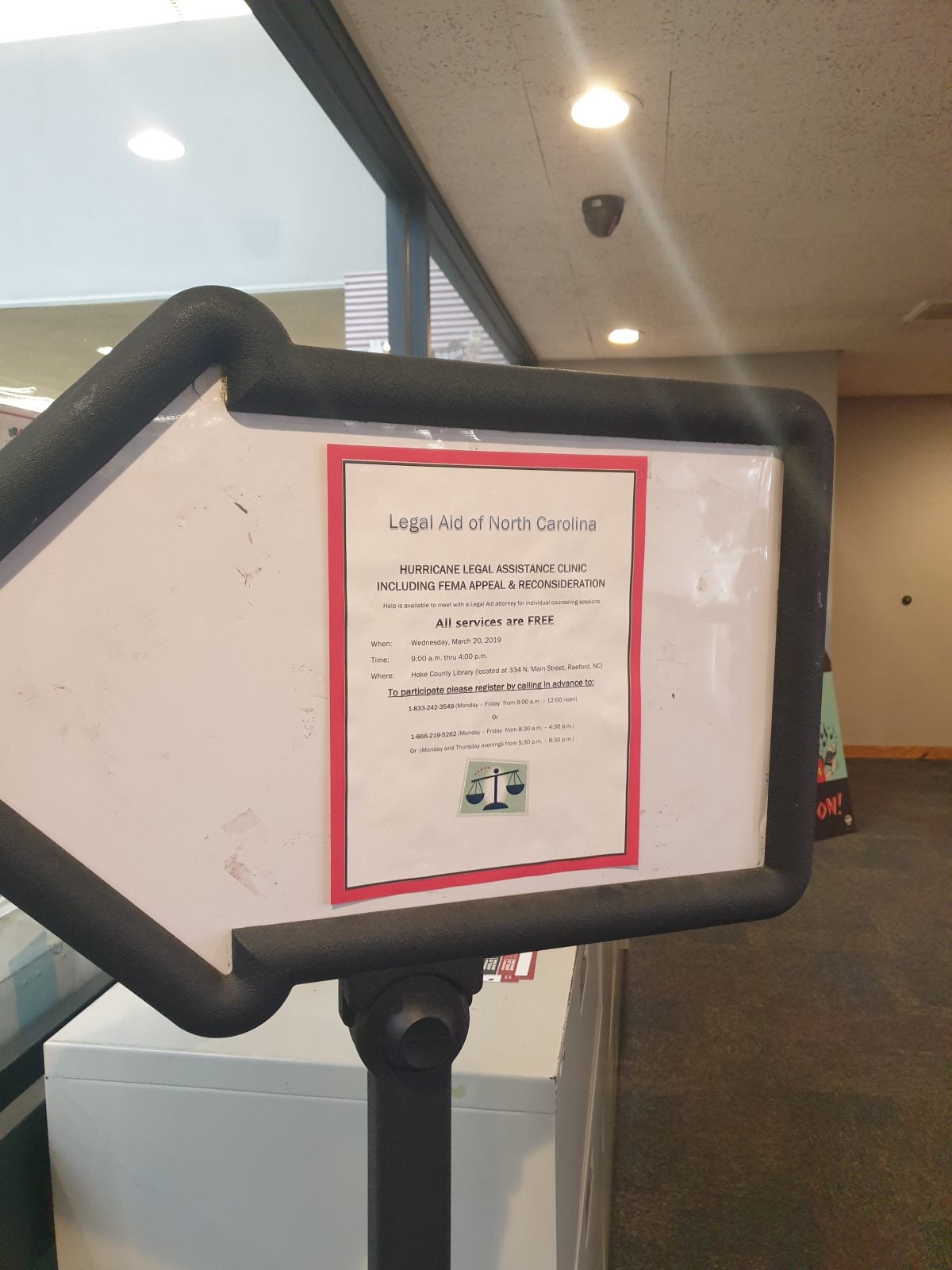
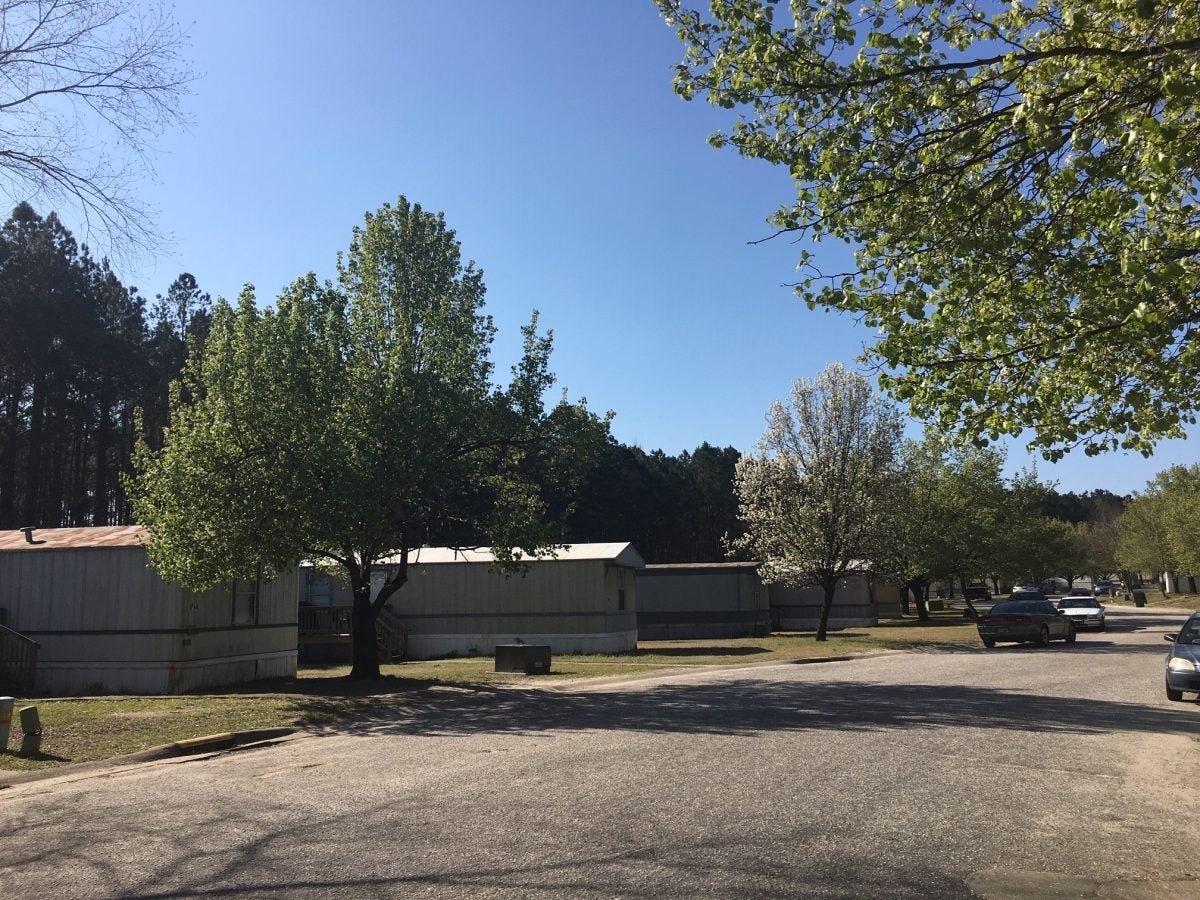
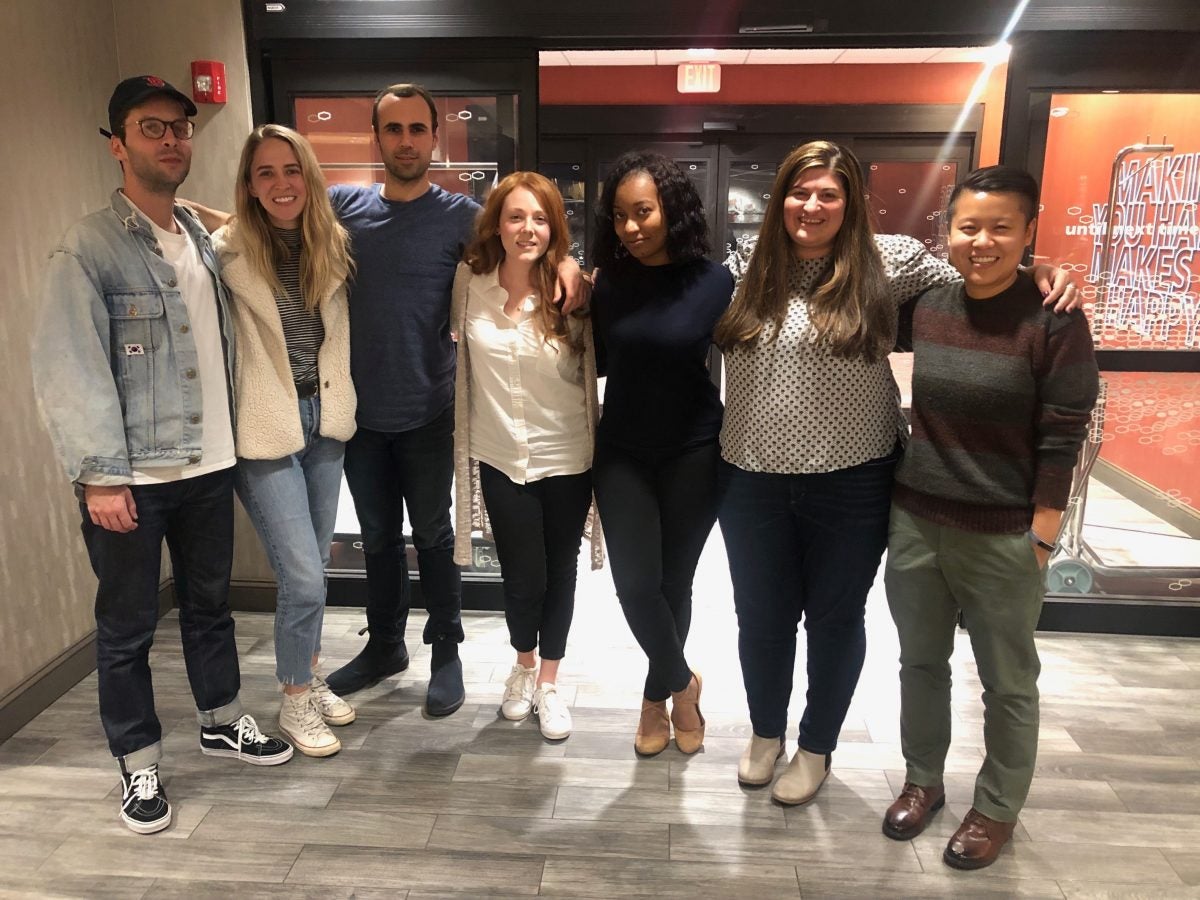
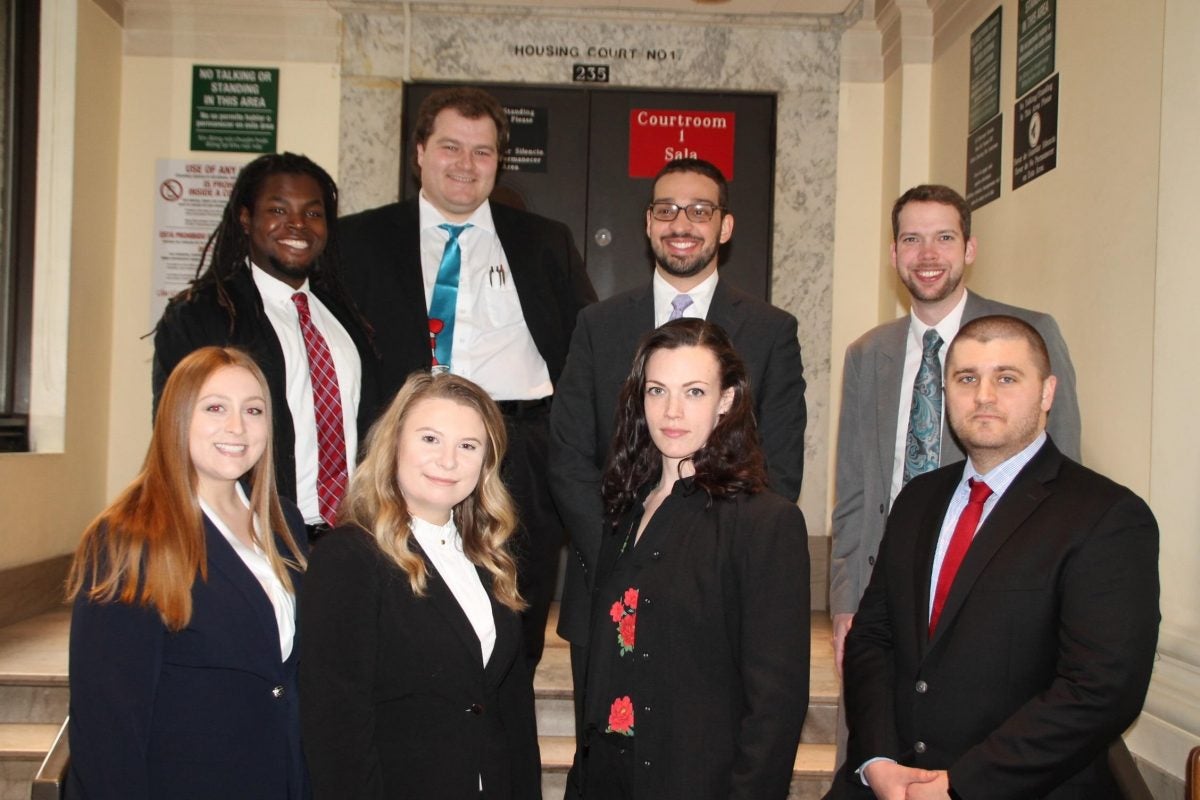
Students worked on an array of legal and social justice issues–from asylum claims, to debt collection statistics, bankruptcy and family law, and federal community development block grants for Puerto Rico. Many of the students did not know one another before getting on the plane to their respective destinations, but in just five days, students gained mentors and friends. “There was a great mix of students in our group, with J.D.s of every year as well as LL.M.s. The diversity of backgrounds and perspectives among students on the trip really added to the experience,” said Amanda Odasz ’21. Students also said they felt integrated into their organizations — attending staff meetings, contributing to legal strategies, and meeting members of the communities they were serving.
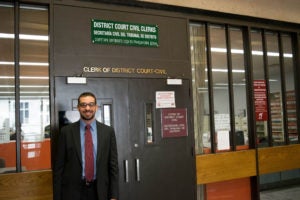
Some students didn’t have to travel far to make an impact. Jonathan Korn ’20 spent his spring break in Springfield, Mass., working with the new Consumer Debt Initiative through the Hampden County Bar Association. Working with Western Massachusetts Law School students, Korn represented underserved individuals facing housing, civil, probate and family law matters, as well as individuals with day-of evictions hearings in the Lawyer of the Day program. In the Boston area, students worked with the Volunteer Lawyers Project and with Project Citizenship, where they did legal research and helped clients with citizenship applications.
Learn more about the students’ experiences below.

Puerto Rico
This was the second year HLS partnered with organizations in Puerto Rico to help with hurricane relief efforts and other legal services needs in the community.
Restoring El Caño From Within >>
Proof of Property Ownership in Puerto Rico >>
“Friendo y comiendo” in Puerto Rico—my experience at the FOMB >>

Texas-Mexico Border
Students traveled to the Texas-Mexico border to support American Gateways, a nonprofit legal service provider working in immigration detention centers
To Seek Refuge in Texas >>
Against All Odds at a South Texas Detention Center >>

Tennessee
In Tennessee, students worked with the Civil Rights Corps on a federal-class action lawsuit against private probation companies in Giles County.
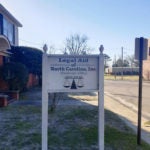
North Carolina
Students worked with Legal Aid of North Carolina to support Hurricane Florence relief efforts, and research housing and gentrification issues in mobile home parks.
Excerpted from the Office of Clinical and Pro Bono Programs’ blog. Read the full post on the OCP blog.
